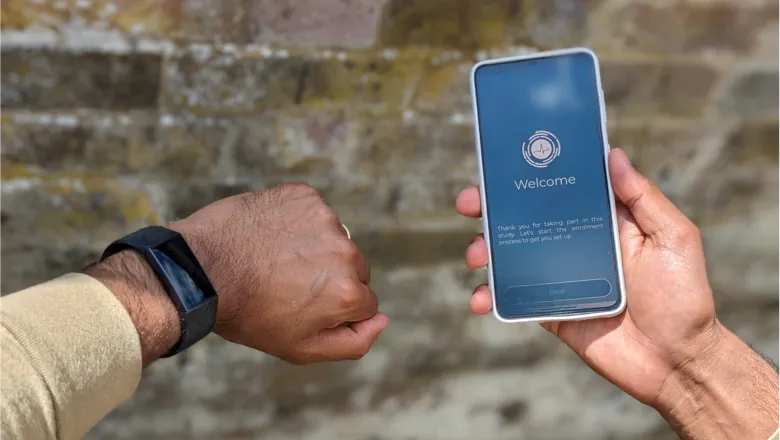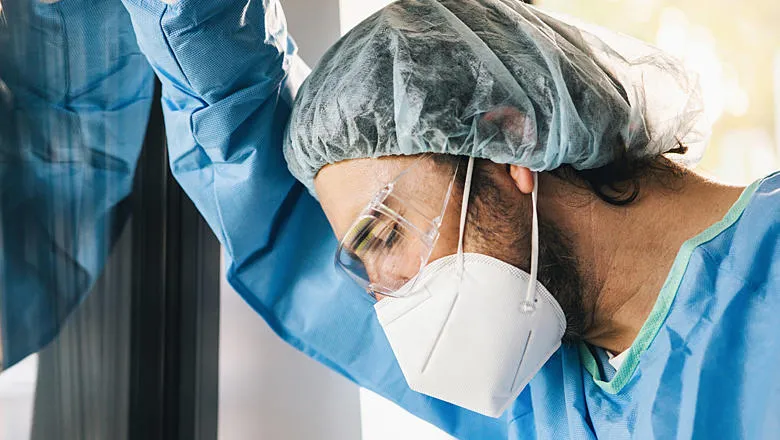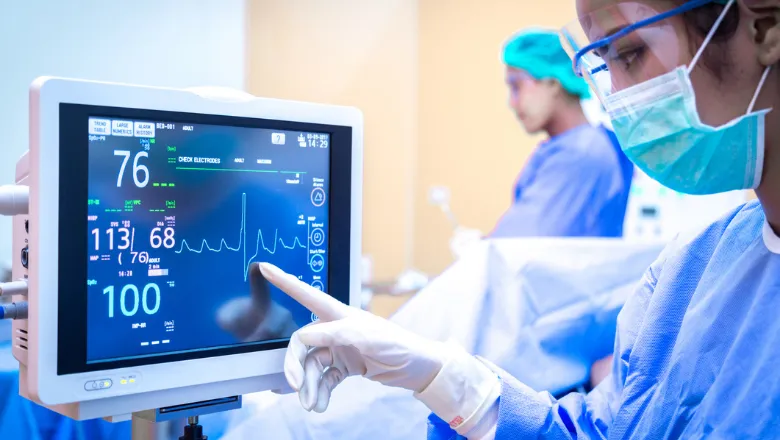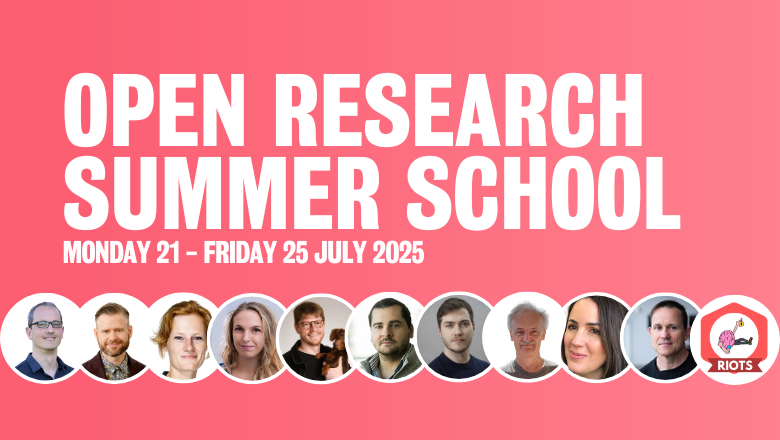
Biography
Dr Ewan Carr is a Reader in Biostatistics in the Department of Biostatistics & Health Informatics at the Institute of Psychiatry, Psychology & Neuroscience at King's College London.
He was previously Senior Lecturer in the Department, and before that was based in Epidemiology and Public Health Department at University College London. He holds a MSc in Social Research Methods and Statistics and a PhD in Social Statistics from Cathie Marsh Institute for Social Research, University of Manchester.
Ewan's research interests are in applying novel statistical techniques to longitudinal and routine clinical datasets to better understand heterogeneous treatment effects and to unpick interactions between mental and physical health. Currently, he work on projects related to the Maudsley Biomedical Research Centre theme of “Bioinformatics and Statistics”. This involves a wide range of analytical methods, including latent variable techniques (CFA, LCA), multilevel modelling, time series SEM, survival analysis, and more recently, machine learning and topological data analysis.
Ewan is a keen user of R and Python, and has many years of experience with Mplus and Stata. He has taught on a wide range of statistical techniques. At present, he lectures on courses in R, ‘Statistical Programming’, ‘Statistical Modelling’, ‘Research methods for multilevel data’ and support delivery of other modules within the department.
Research interests
- Mediation and moderation
- Prediction modelling
- Latent variable modelling
- Multilevel modelling
Teaching
- Introduction to R (Short course)
- Introduction to Statistical Programming (PG Cert)
- Introduction to Statistical Modelling
Research

Mental Health & Neuroscience Clinical Trial Statistics Group
The Mental Health & Neuroscience Clinical Trial Statistics Group leads on the design, conduct and reporting of clinical trials in mental health.

Lifecourse Epidemiology
The lifecourse epidemiology group researches developmental change, especially in childhood and adolescence. We specialise in methodology for longitudinal data including structural equation modelling.

ART-transition - ADHD Remote Technology and ADHD transition: predicting and preventing negative outcomes
ADHD Remote Technology and ADHD transition: predicting and preventing negative outcomes (ART-transition) is a five-year MRC-funded research programme.
Project status: Ongoing

ART-transition - ADHD Remote Technology and ADHD transition: predicting and preventing negative outcomes
ADHD Remote Technology and ADHD transition: predicting and preventing negative outcomes (ART-transition) is a five-year MRC-funded research programme.
Project status: Ongoing

Learning Effective New Strategies (LENS)
LENS (Learning Effective New Strategies) is a digital therapy shown to reduce anxiety and depression.
Project status: Ongoing
News
Self-harm and digital technology overuse in young people with lived mental health experience
New research from the Institute of Psychiatry, Psychology & Neuroscience (IoPPN) at King’s College London, in partnership with YoungMinds – the UK’s leading...

£4.8 million Wellcome funding to predict outcomes following anxiety treatment
Wellcome has awarded over £4.8m for researchers to predict individual outcomes following psychological treatments for anxiety, and to identify genetic and...

£2.5m funding to study transition to adulthood for individuals with ADHD
The Medical Research Council (MRC) has awarded £2.5 million funding to principal investigator, Professor Jonna Kuntsi, and team to use remote technology to...

Healthcare workers in England experience PTSD at twice the rate of the general public
New research led by the Institute of Psychiatry, Psychology & Neuroscience (IoPPN) at King’s College London in collaboration with the NIHR ARC North Thames at...

Depression and anxiety are associated with disagreement between patient and doctor assessments of psoriasis severity
Researchers from St John’s Institute of Dermatology and the Institute of Psychiatry, Psychology & Neuroscience, King’s College London found a disagreement in...

NEWS2 evaluated for prediction of severe COVID-19 outcome in large international study
In the first systematic large-scale evaluation of the UK National Early Warning Risk Score (NEWS) 2 as a scoring system for predicting severe COVID-19...

Events

Open Research Summer School 2025
Join us for a deep dive into the world of research: academic fraud, scholarly communication, questionable research practices and open research practices.
Please note: this event has passed.
Research

Mental Health & Neuroscience Clinical Trial Statistics Group
The Mental Health & Neuroscience Clinical Trial Statistics Group leads on the design, conduct and reporting of clinical trials in mental health.

Lifecourse Epidemiology
The lifecourse epidemiology group researches developmental change, especially in childhood and adolescence. We specialise in methodology for longitudinal data including structural equation modelling.

ART-transition - ADHD Remote Technology and ADHD transition: predicting and preventing negative outcomes
ADHD Remote Technology and ADHD transition: predicting and preventing negative outcomes (ART-transition) is a five-year MRC-funded research programme.
Project status: Ongoing

ART-transition - ADHD Remote Technology and ADHD transition: predicting and preventing negative outcomes
ADHD Remote Technology and ADHD transition: predicting and preventing negative outcomes (ART-transition) is a five-year MRC-funded research programme.
Project status: Ongoing

Learning Effective New Strategies (LENS)
LENS (Learning Effective New Strategies) is a digital therapy shown to reduce anxiety and depression.
Project status: Ongoing
News
Self-harm and digital technology overuse in young people with lived mental health experience
New research from the Institute of Psychiatry, Psychology & Neuroscience (IoPPN) at King’s College London, in partnership with YoungMinds – the UK’s leading...

£4.8 million Wellcome funding to predict outcomes following anxiety treatment
Wellcome has awarded over £4.8m for researchers to predict individual outcomes following psychological treatments for anxiety, and to identify genetic and...

£2.5m funding to study transition to adulthood for individuals with ADHD
The Medical Research Council (MRC) has awarded £2.5 million funding to principal investigator, Professor Jonna Kuntsi, and team to use remote technology to...

Healthcare workers in England experience PTSD at twice the rate of the general public
New research led by the Institute of Psychiatry, Psychology & Neuroscience (IoPPN) at King’s College London in collaboration with the NIHR ARC North Thames at...

Depression and anxiety are associated with disagreement between patient and doctor assessments of psoriasis severity
Researchers from St John’s Institute of Dermatology and the Institute of Psychiatry, Psychology & Neuroscience, King’s College London found a disagreement in...

NEWS2 evaluated for prediction of severe COVID-19 outcome in large international study
In the first systematic large-scale evaluation of the UK National Early Warning Risk Score (NEWS) 2 as a scoring system for predicting severe COVID-19...

Events

Open Research Summer School 2025
Join us for a deep dive into the world of research: academic fraud, scholarly communication, questionable research practices and open research practices.
Please note: this event has passed.
